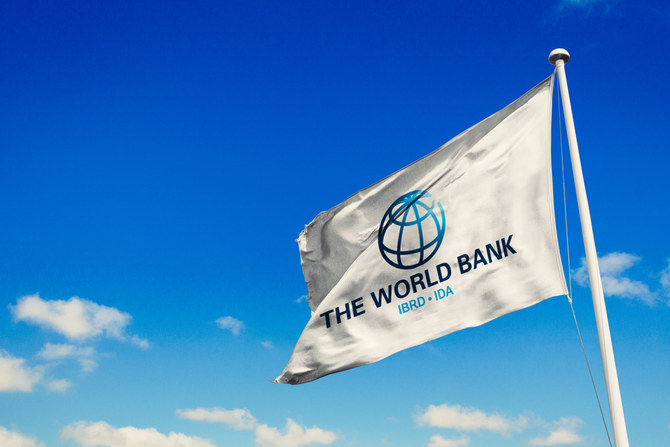By Taiwo Osho
The World Bank Group has announced its plans to tackle global hunger, a crisis that has escalated due to ongoing conflicts, economic disruptions, and the impacts of climate change.
The organization stated that the new initiatives is aimed at addressing food insecurity in the most vulnerable regions, emphasizing the need for urgent and sustained global action.
In a statement released recently by its president, Ajay Banga, the World Bank Group outlined its commitment to increasing funding and support for countries most affected by hunger.
The organization plans to channel billions of dollars into emergency food assistance, agricultural resilience programs, and long-term strategies to boost food production and distribution.
The President highlighted the severity of the situation, noting that millions of people around the world are facing acute food shortages.
“Global hunger is a crisis that requires immediate and coordinated action. The World Bank Group is committed to working with our partners to provide the necessary resources and expertise to save lives and build more resilient food systems.” He stated.
The World Bank Group’s intensified focus includes partnerships with governments, international organizations, and the private sector to implement targeted interventions in regions experiencing the highest levels of food insecurity.
These efforts will also support smallholder farmers, improve food supply chains, and invest in technologies to enhance agricultural productivity.
Additionally, the organization is advocating for increased international cooperation and policy reforms to address the root causes of hunger, including poverty, conflict, and environmental degradation.
The World Bank Group’s strategy also emphasizes the importance of climate-smart agriculture and sustainable practices to ensure long-term food security.
The announcement comes at a critical time, as global hunger levels continue to rise, threatening the livelihoods and well-being of millions of people, particularly in Africa, Asia, and the Middle East.






Comment
No comments found.